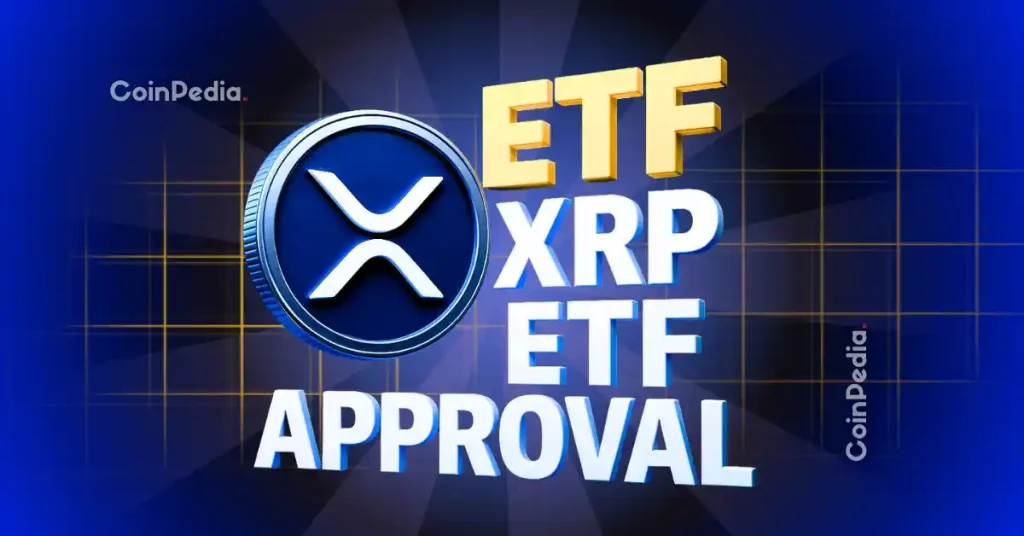ARTICLE AD BOX

- Coinbase is hoping to get the green light from regulators to roll out tokenized stocks, an idea the SEC showed interest in as recently as May.
- If approved, Coinbase could offer tokenized tech stocks on the blockchain and let people trade them 24/7 with lower fees.
Coinbase, the largest cryptocurrency exchange in the United States, has officially reached out to the U.S. Securities and Exchange Commission (SEC) to seek approval for a platform that would offer tokenized stocks, digital assets that represent real shares in public companies.
These tokens would be built on blockchain, allowing investors to trade stocks around the clock, with faster settlement times and far fewer middlemen compared to traditional brokerages, which could significantly lower costs.
While this model has already started gaining momentum in international markets, it hasn’t yet made an impact in the U.S., mainly due to regulatory gray areas. So far, Coinbase hasn’t confirmed a launch date, nor has it disclosed whether it’s formally submitted an application. Because the company is not registered as a broker-dealer under U.S. law, it legally cannot trade securities, such as tokenized equities, without explicit clearance.
That’s why SEC approval is crucial. Right now, assets like tokenized stocks are not legally tradable in the United States, and Coinbase is seeking either a formal exemption or a “no-action” letter that would let it move forward. If the SEC grants this approval, Coinbase could become the first major U.S.-based platform to offer blockchain-based stock trading.
Interestingly, rival exchange Kraken announced plans to roll out its own tokenized stock product, branded as xStocks, but due to U.S. restrictions, it will only be available in select international markets. The current regulatory uncertainty continues to block a full-scale national rollout of tokenized equities, but Coinbase is clearly positioning itself to be first in line when the rules become clearer.
A Softer Regulatory Climate
Paul Grewal, the company’s Chief Legal Officer, stressed that regulatory clarity is essential, not just for Coinbase, but for broader institutional adoption. As he put it,
We’ve been saying since earlier this year that the SEC should enable markets to unlock tokenized securities. Tokenized debt, equity, and investment funds present an opportunity for tailored regulation for securities that are offered and traded via digitally native methods.
For Coinbase, this move isn’t just a product experiment; it’s part of a much bigger play to evolve from a pure crypto exchange into a broader financial platform. CEO Brian Armstrong made that clear during the Morgan Stanley TMT conference, where he emphasized the potential of 24/7 trading and the ability to serve a global investor base without the limits of traditional market hours.
What makes this even more interesting is the timing. Under the new Trump administration, the SEC appears to be taking a noticeably more crypto-friendly stance. There’s growing talk of a regulatory sandbox that would allow crypto firms to test new offerings, like tokenized stocks, without immediately running afoul of outdated rules. The SEC has also dropped several lawsuits against major crypto players, including Coinbase, Binance, and Kraken, signaling a broader shift in how the agency is approaching digital assets.
.png)
 4 months ago
7
4 months ago
7








 English (US)
English (US)